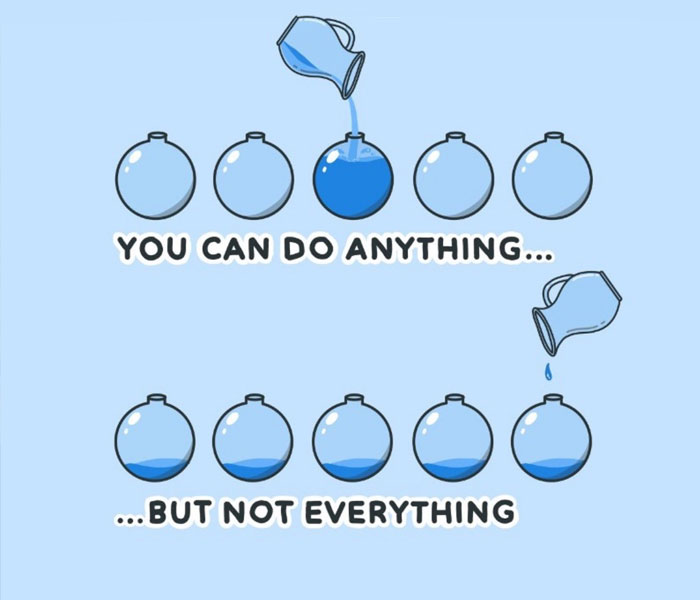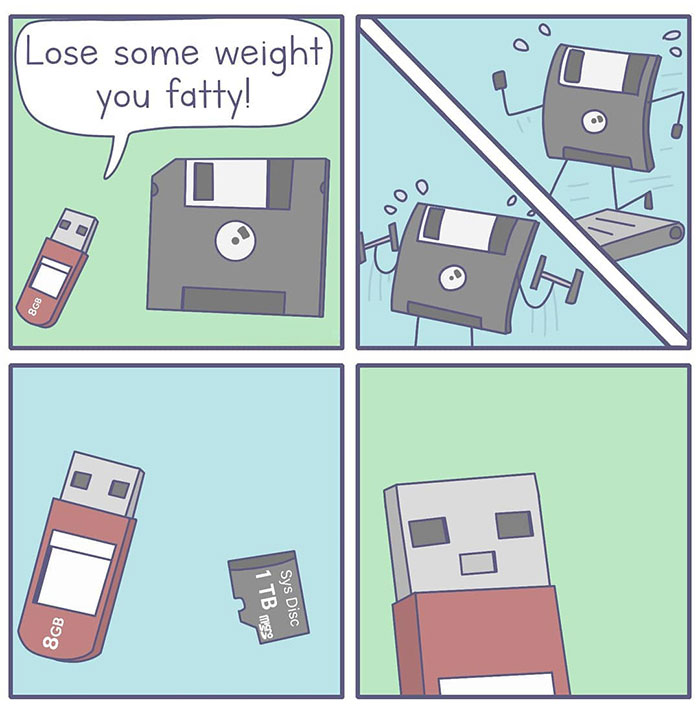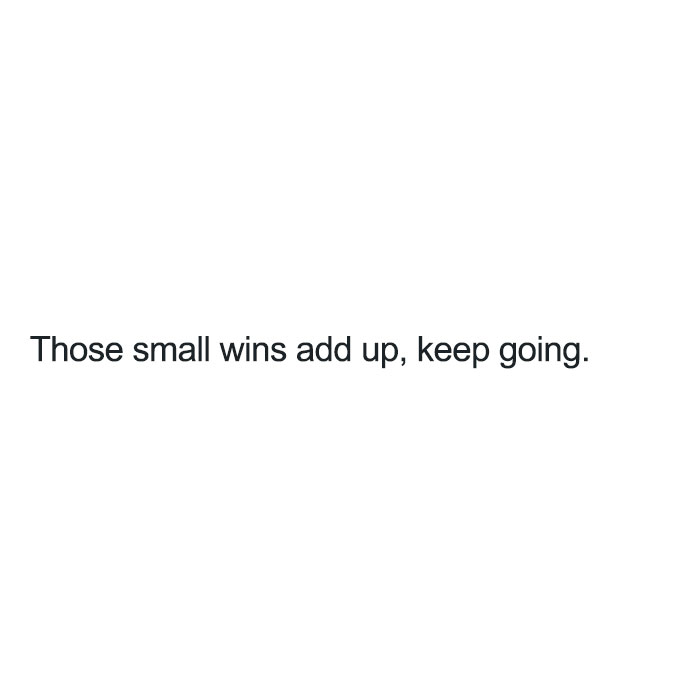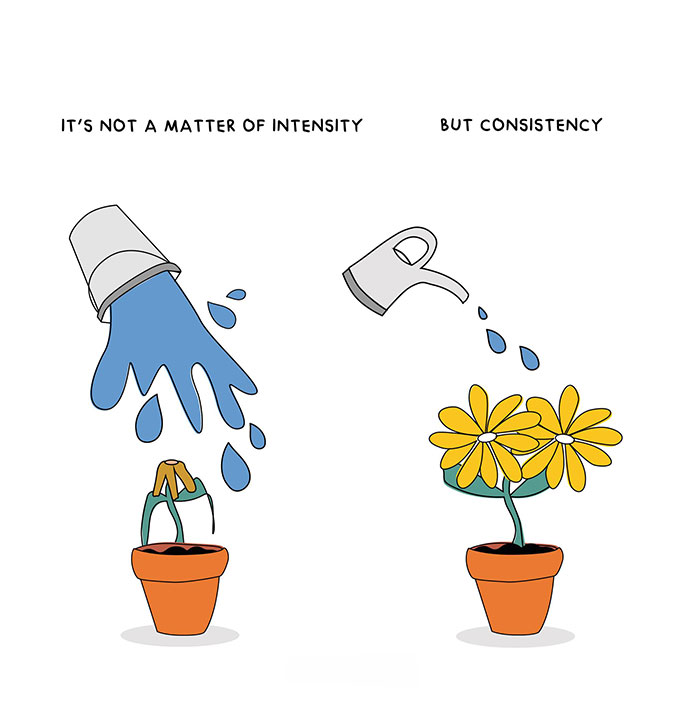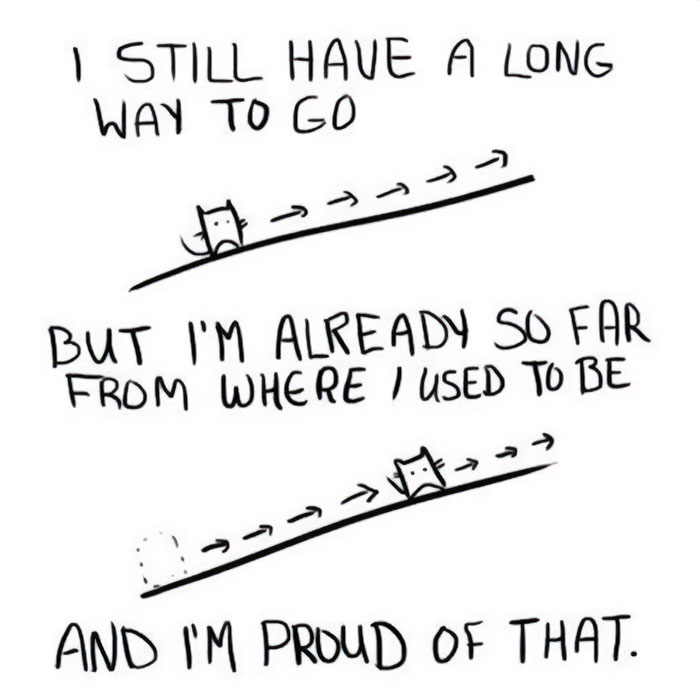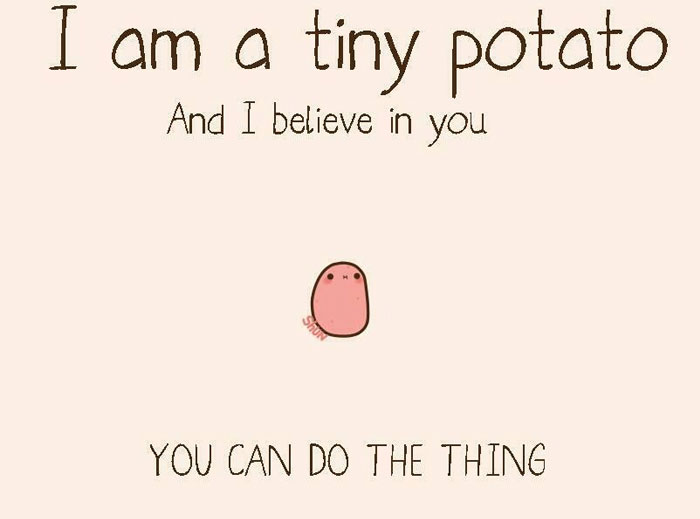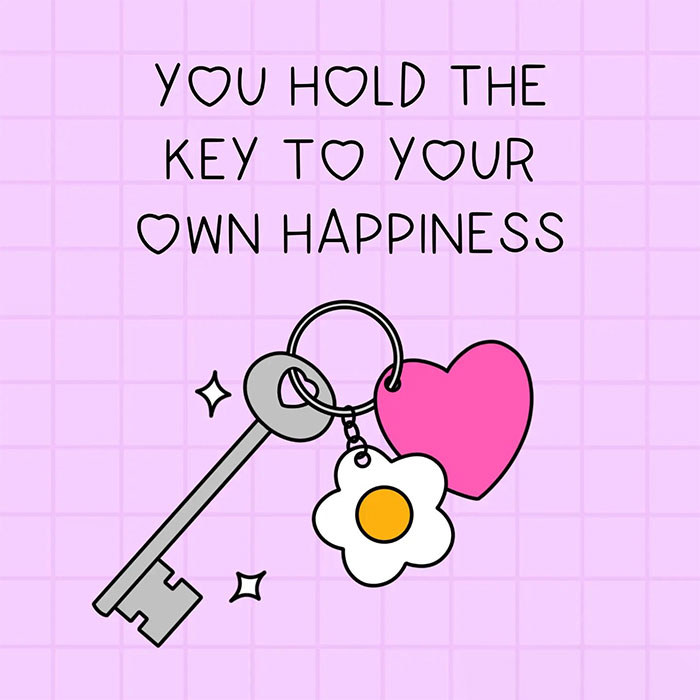Once you’ve identified your purpose, the next step is determining how to achieve it. George T. Doran introduced the concept of S.M.A.R.T. Goals in the 1981 Harvard Business Review issue, outlining a method for setting Specific, Measurable, Achievable, Relevant, and Time-bound objectives (2). Doran’s framework remains relevant today because of its timeless approach to goal setting. Doran stressed the importance of breaking significant endeavors into smaller, manageable tasks. For example, instead of worrying about a massive report, set a specific goal to write just the introduction. This approach helps track progress, boost motivation, and experience the power of small wins. One effective way to make the most of breaks is to embrace the concept of small rewards. While this idea might seem like a cliché, it is based on a 1954 study published in the American Psychologist Journal (4). The concept is straightforward: you should reward yourself after completing tasks. This helps to create a positive connection with the activity, making it easier to accomplish. Whether it’s a cup of coffee or a brief stretch, the size of the reward depends on the situation. A 2022 study in Frontiers of Psychology Journal (6) suggests that we don’t have to meet in person to reap the benefits of positive transformation. Simply searching for funny motivational quotes or finding amusement in a few memes might be sufficient to prompt a shift in perspective. However, be cautious because emotional influence can go both ways. Follow Bored Panda on Google News! Follow us on Flipboard.com/@boredpanda! Please use high-res photos without watermarks Ooops! Your image is too large, maximum file size is 8 MB.
















